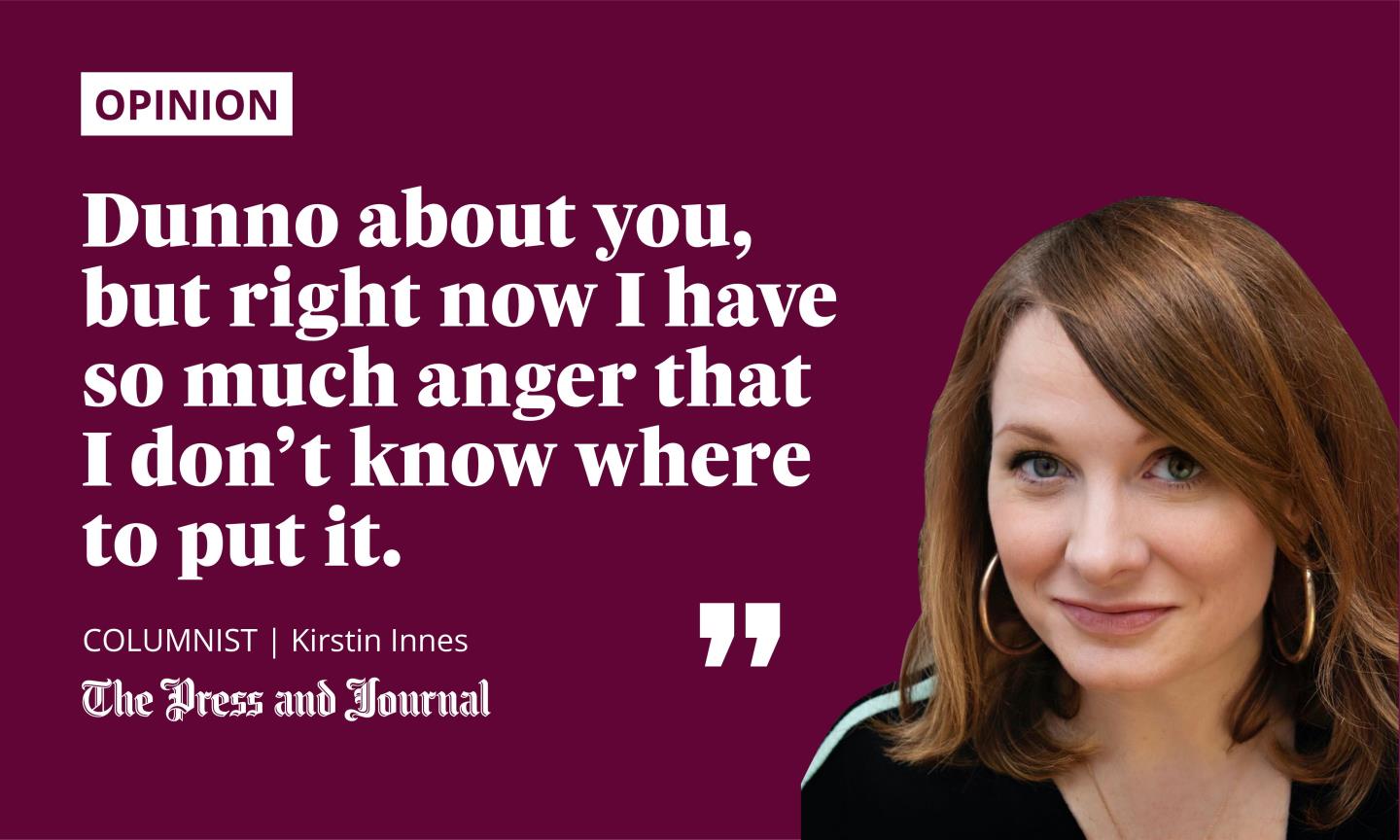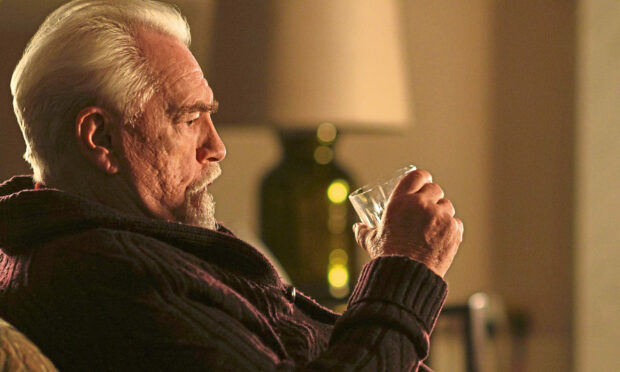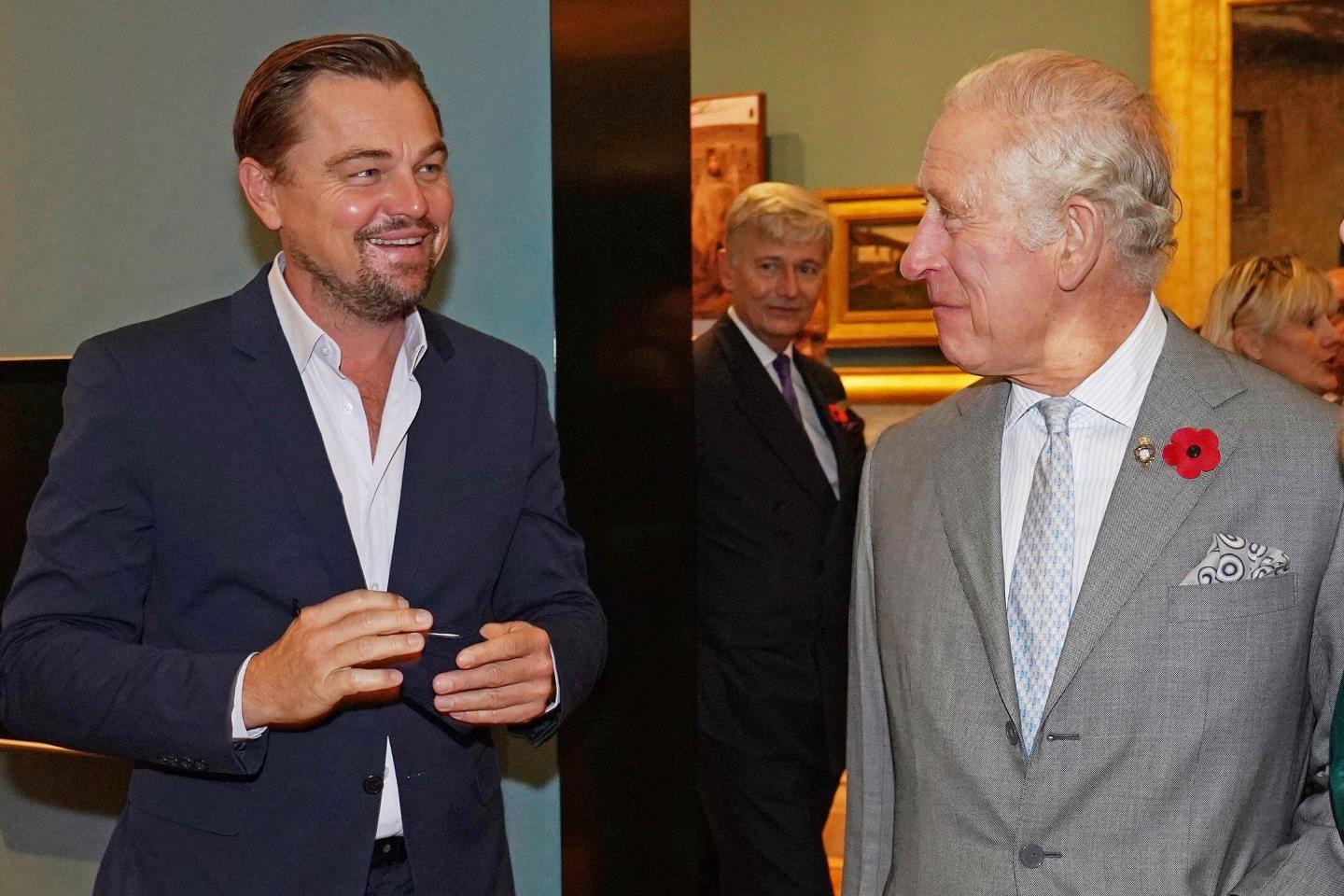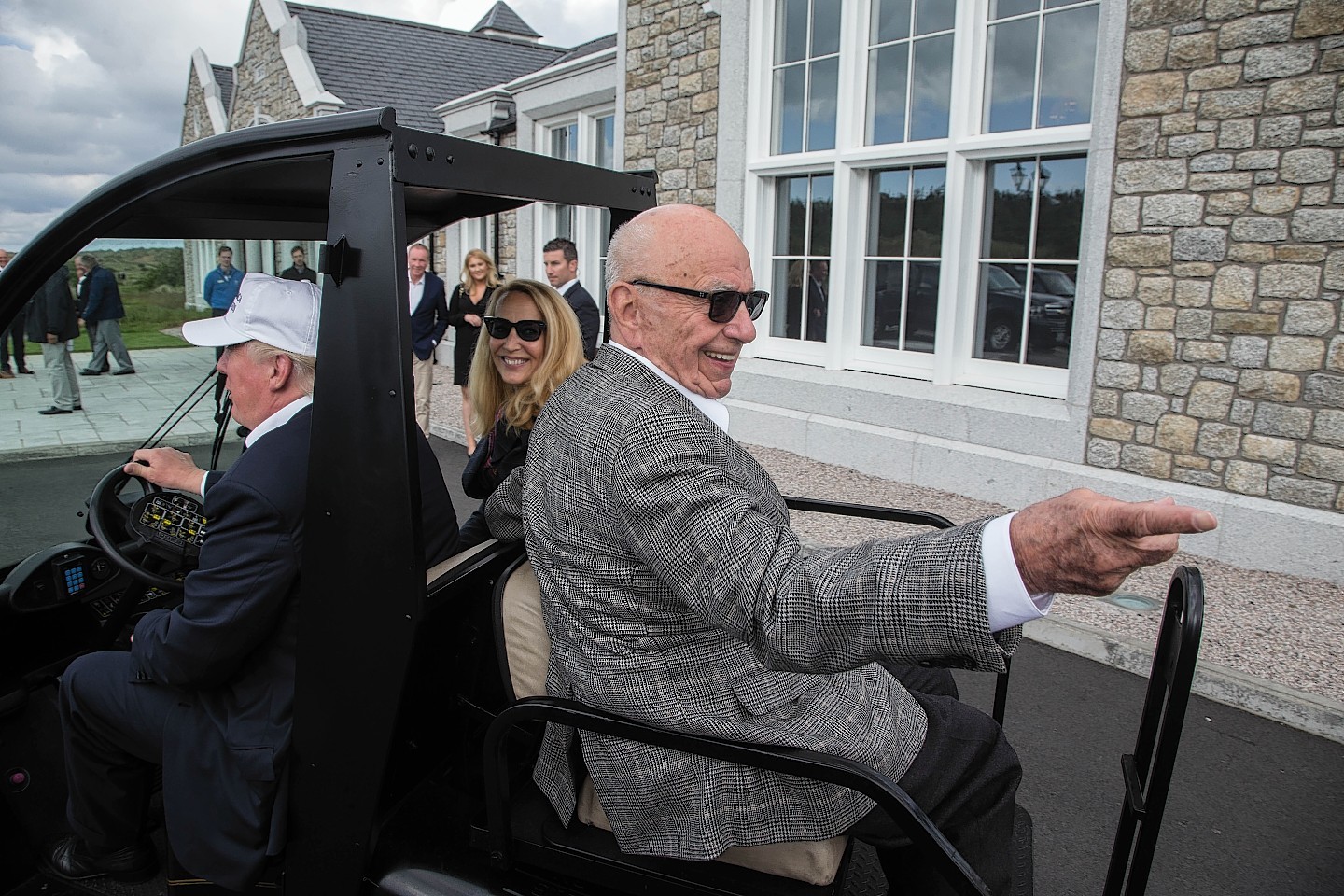Like almost everyone I know, I’m hooked on the new series of Succession, the TV drama starring Brian Cox.
He plays Logan Roy, the familiar-seeming doyen of his own right-leaning media empire and patriarch of a family so reprehensibly wealthy, their creator describes money as “just the oxygen they swim in”.
The writing is sharp, incisive and shot through with the sort of jet black laugh lines that hit deep. These people are ridiculous, in their tastefully minimal glass-fronted penthouses, playing profanity-splattered power games with their billions, but it’s all too easy to feel yourself drawn in to the corporate cut and thrust, compelled to root for whichever spectacularly awful sibling is knifing the others in the back that week.

When I first started watching the show, the lives of the very, very rich were so very, very far away from my own as to make the experience escapism. Escapism tinged with a faint anger that these sorts of people actually exist, sure, but still comfortably in the realm of fantasy.
Even episodes set in Dundee (despite his mostly-American accent, Logan Roy shares a home town with the actor who plays him) and one moment where Kieran Culkin’s Roman accidentally buys my teenage boyfriend’s beloved Hearts FC to impress his dad (a Hibs fan; see – the comedy is on point) didn’t seem to have too much to do with the world we live in.
As season three has started, though, the increase in budget is beginning to be evident in the numerous private jets the characters are seen boarding. These people can fly to Belgrade or Hong Kong on a whim, summoning their jets with a click of their fingers at an iPhone-clutching minion. And it’s all getting a bit real.
Nothing seems to matter to the rich and powerful
The most recent episode contains a scene where two family members who are not talking to each other take two separate helicopters and two separate private jets to visit a shareholder on his private island.
When shooting this, the production team presumably didn’t know that it would be airing during COP26, in a week where the news has been crammed with footage of the battalion of private jets bearing down on Glasgow Airport, as world leaders fart their jet fuel over our heads, flying in to discuss how to reverse climate change. A week when slavering press briefings expect us to applaud our own bloated 1%-er, or the prime minister of Great Britain and Northern Ireland, to give his full title – he of the gold wallpaper, strenuous holiday schedule and private jets from London to Cornwall – for choosing, for once, to take a train to Glasgow, on “Transport Day”.
I’m writing this on Wednesday. I want to hope that by the time this column comes out on Friday it will be badly out of date. But, today, the news filtering through from Glasgow is that, despite all the lavish dinners at Kelvingrove Museum, our world leaders are not going to manage to commit to the necessary lowering of emissions, and that, by the end of the century, our planet will have heated a disasterous 2.4 degrees more. Life as we know it will not be sustainable. Game over.
That doesn’t matter to the rich and powerful, though; they will all be dead by then and, thanks to all the money they made sacking the planet and profiting off cheap labour, their grandchildren will presumably be living it up in state of the art biodomes in either the Tesla or Amazon Mars colonies.
Satire is dead
Here are a couple of other news stories from this week.
Rupert Murdoch, who is definitely (wink) not in any way (wink) a model for Succession’s Logan Roy, required all attendees to his 90th birthday party to undergo a rapid nasal swab test and show proof of their Covid-19 vaccination status, despite the hysterical editorial on his own channel, Fox News, playing a key part in whipping up the dangerous miscommunications of the anti-vaccine movement.
Through reporting on the Owen Paterson scandal and the widespread practice of elected representatives taking on second jobs, we have been treated to the illuminating spectacle of MPs who voted for last month’s Universal Credit cut (which will push an estimated 840,000 people into poverty) pleading that their £81,932 tax payer-paid salaries, plus very generous expenses, are simply not enough to live on.
“The struggle is real,” noted a Financial Times op-ed. And satire is dead. That salary, by the way, is more than 96% of households in this country earn in total.
Dunno about you, but right now I have so much anger that I don’t know where to put it. I certainly can’t relax by watching my favourite television programme.
Still, I suppose if we are all weakened by long Covid, poverty and unpaid caring, distraught as we lose our homes to rising water levels, we’ll be too exhausted to mount a revolution stopping the penis-shaped escape rockets blasting off away from our planet. It’s kind of a genius strategy, when you think about it.
Kirstin Innes is the author of the novels Scabby Queen and Fishnet, and co-author of the recent non-fiction book Brickwork: A Biography of the Arches


